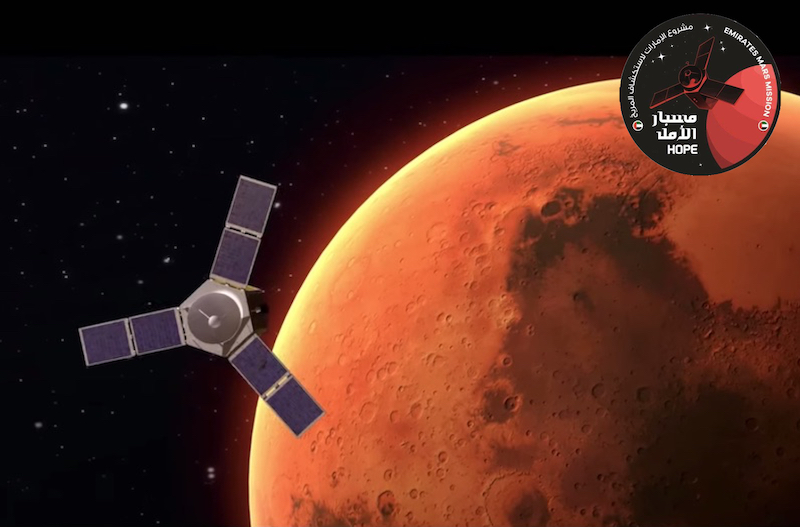Space Mission Support
The AVS lab is collaborating closely
 with the Laboratory of Atmospheric and Space Physics (LASP) in the development of novel space missions and the associated spacecraft Attitude, Determination and Control Subsystem (ADCS). In the past we supported the CICERO GPS occultation mission by leading the ADCS development. Doctoral and master of science students supported this mission by developing a CICERo specific spacecraft dynamics simulation that included all the ADCS control and filter algorithms. This process exposes students to an actual mission development beyond the typical theoretical work associated with a dissertation or thesis.
with the Laboratory of Atmospheric and Space Physics (LASP) in the development of novel space missions and the associated spacecraft Attitude, Determination and Control Subsystem (ADCS). In the past we supported the CICERO GPS occultation mission by leading the ADCS development. Doctoral and master of science students supported this mission by developing a CICERo specific spacecraft dynamics simulation that included all the ADCS control and filter algorithms. This process exposes students to an actual mission development beyond the typical theoretical work associated with a dissertation or thesis.
 Currently the AVS lab is supporting LASP with the Emerate Mars Mission (EMM) called Hope. LASP is one of three universities supporting the EMM mission. To support this mission the Basilisk astrodynamics simulation framework (BSK) was developed as a second generation to our CICERO spacecraft simulation architecture. The ADCS algorithms, sensor models, actuator models, etc. are being developed in a modular manner to support rapid mission prototyping and performance evaluations. The doctoral students are using the BSK framework to support offline simulation based performance and robustness testing, as well as hybrid hardware-in-the-loop ADCS testing. BSK has now been released as an open-source simulation architecture to the astrodynamics community.
Currently the AVS lab is supporting LASP with the Emerate Mars Mission (EMM) called Hope. LASP is one of three universities supporting the EMM mission. To support this mission the Basilisk astrodynamics simulation framework (BSK) was developed as a second generation to our CICERO spacecraft simulation architecture. The ADCS algorithms, sensor models, actuator models, etc. are being developed in a modular manner to support rapid mission prototyping and performance evaluations. The doctoral students are using the BSK framework to support offline simulation based performance and robustness testing, as well as hybrid hardware-in-the-loop ADCS testing. BSK has now been released as an open-source simulation architecture to the astrodynamics community.